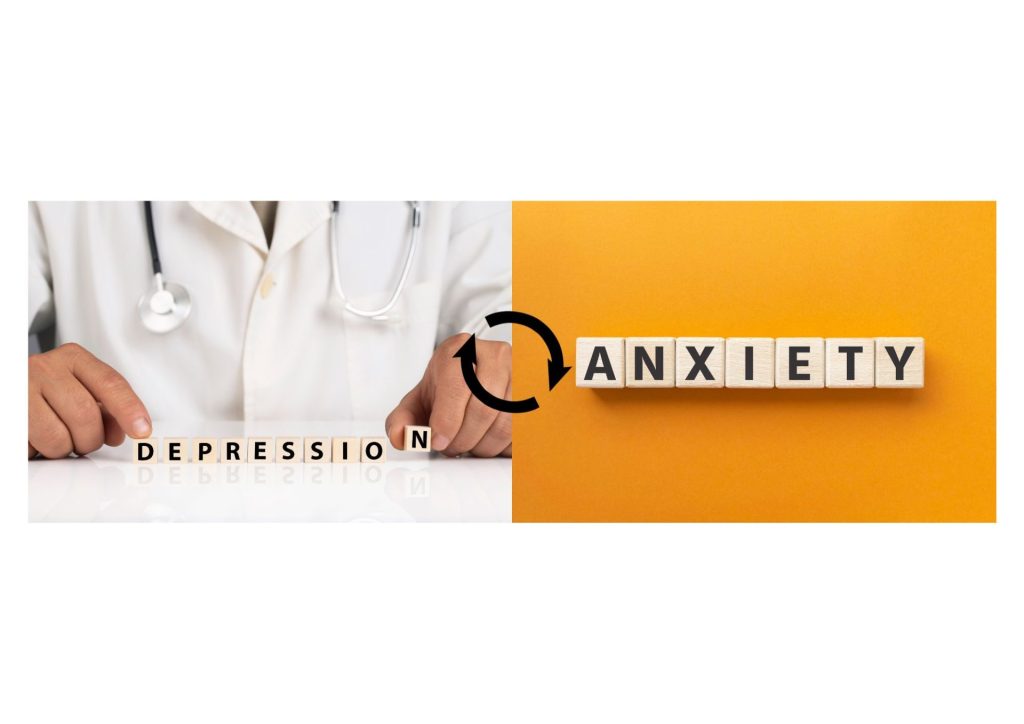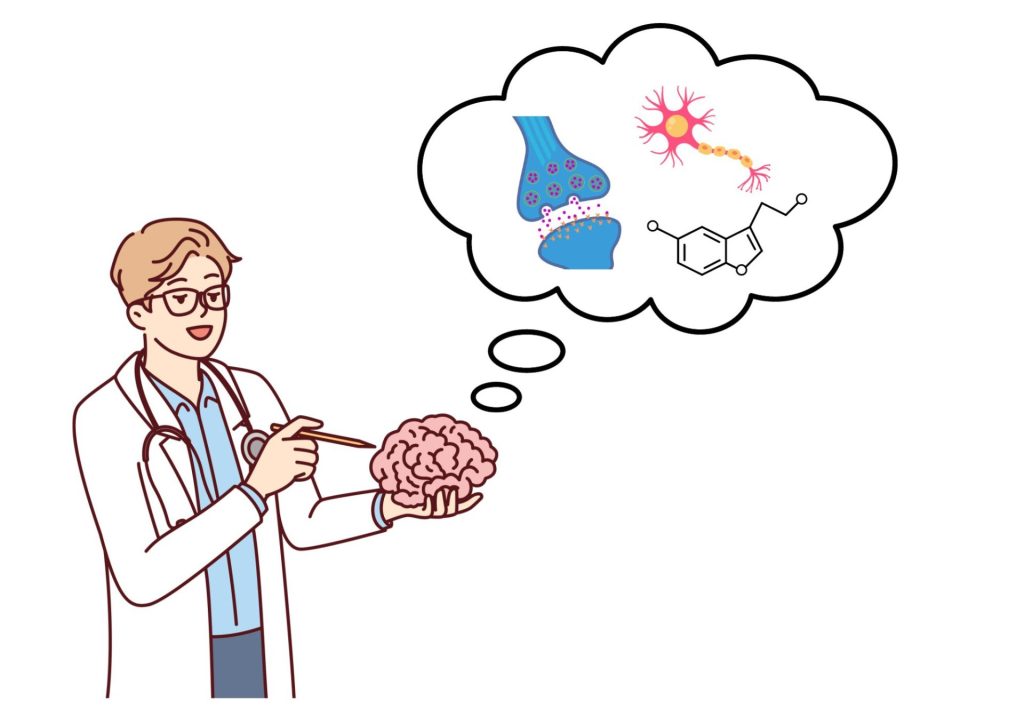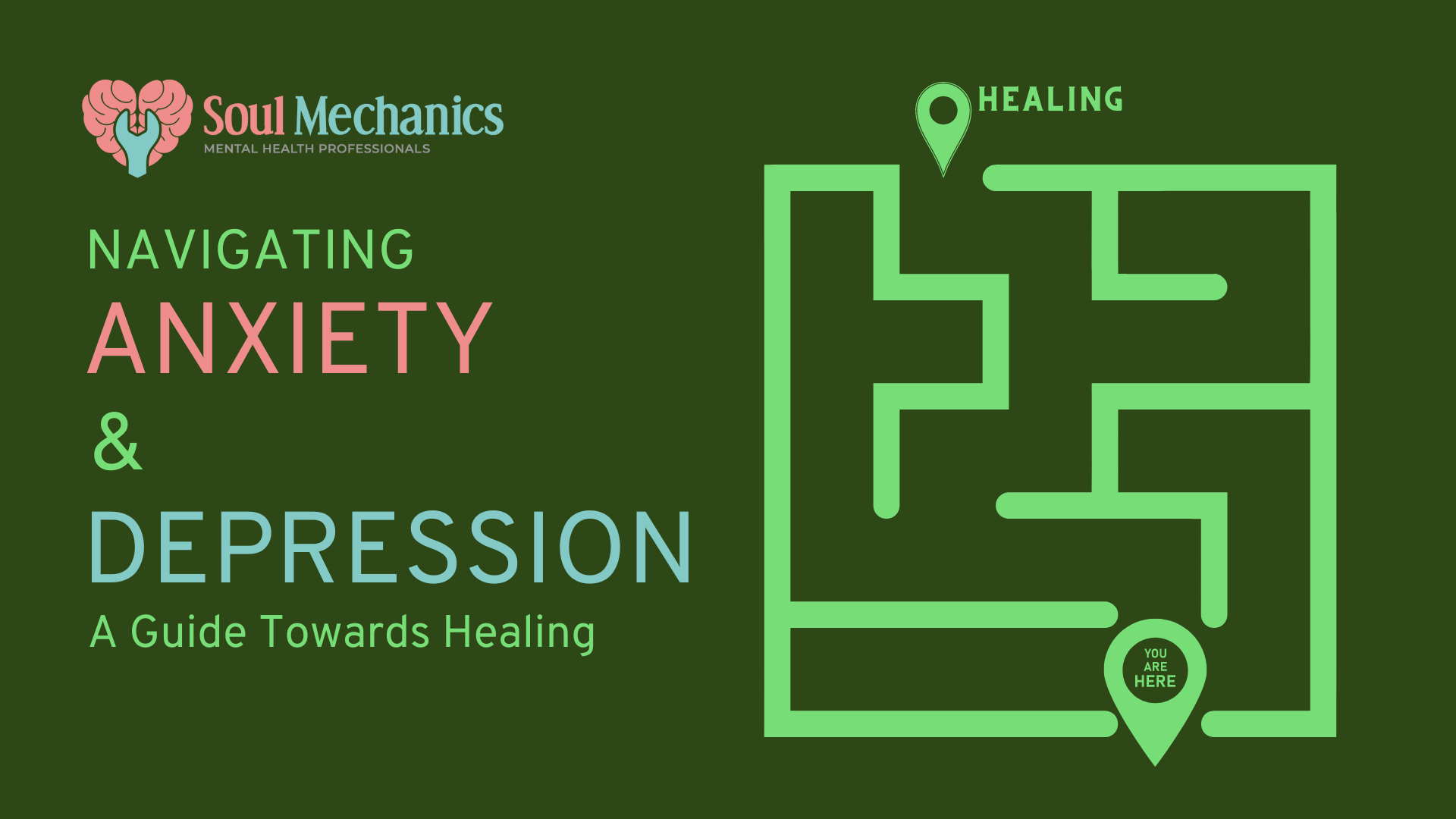Anxiety and Depression: Navigating the Connection between them
Anxiety and Depression: Navigating the Connection between them
Anxiety and depression are two mental health challenges that many individuals encounter in their lives. Often, depression and anxiety do not appear alone; they can be in the form of a package deal where both will appear together at the same time. This leads to a condition known as comorbidity. For today, we will dive into the understanding of the comorbidity between anxiety and depression. This article will explore what comorbidity means, why it occurs, how it can affect individuals, and what steps to take if you or someone you know is struggling with both anxiety and depression.

Understanding Anxiety and Depression
The comorbidity of anxiety and depression is relatively high, and these two conditions often coexist. It is reported that around 50% to 60% of individuals with depression also experience symptoms of anxiety and vice versa. In Malaysia, it is reported that approximately 20% of individuals have depression comorbid with anxiety symptoms. This highlights the significant overlap between anxiety and depression, indicating that they frequently occur together.
Anxiety is the sensation of uneasiness, worry, or fear that surpasses what is considered normal. Anxiety often brings along physical symptoms such as having a racing heart, sweaty palms, and restlessness. Individuals with anxiety disorders tend to feel like they are continually on high alert, and their fears can appear irrational or blown out of proportion.
Depression, on the other hand, is like a persistent grey cloud that hangs over your life. It is marked by feelings of hopelessness, a lack of interest or joy in activities you once enjoyed, and physical signs such as changes in appetite, sleep disturbances, fatigue, and difficulty concentrating. It is like being stuck in a bottomless, dark pit.
Understanding Comorbidity
Comorbidity can be understood as a person experiencing two or more conditions (in this case, mental health) simultaneously. When we talk about the comorbidity of anxiety and depression, this means that the individual is struggling with both of these conditions at the same time. In other terms, someone can feel anxious and depressed at the same time or switch between these two states.
To make the concept of comorbidity easier to digest, let’s consider these two hypothetical scenarios. Imagine someone who has been battling the struggles of anxiety for months. She constantly worries about her job, relationships, and health. On top of that, she has lost interest in the things she once enjoyed (e.g., baking), her energy levels have taken a nosedive, her appetite is all over the place, and she struggles to get a good amount of sleep. This illustrates that she is dealing with both anxiety and depression at the same time.
Now, imagine someone who goes back and forth between these concerns. When a stressful situation arises, he becomes intensely anxious, filled with racing thoughts and a constant sense of impending doom (e.g., “This is bad, so bad”, “I am going to be a laughing stock”). However, once the situation settles down, he often plunges into a period of profound lethargy and sadness. This emotional state swings between these two conditions, making it challenging for him to maintain a stable mood.

What Causes Comorbidity?
The reasons or causes behind the co-occurrence of anxiety and depression can be pretty complex and are not fully understood. Nevertheless, some factors are believed to contribute to this comorbidity. One factor is the common biological mechanisms in the brain. Both anxiety and depression are thought to involve imbalances in certain brain chemicals (i.e., neurotransmitters), such as serotonin and norepinephrine. These chemicals play a vital role in regulating mood and emotions. When they go off course, it can lead to the development of both these mental health concerns, making both conditions more likely to “come” together.
Environmental influences such as life events and stressors can trigger or worsen these mental health concerns. For instance, someone who experiences an ongoing life transition can develop symptoms of both anxiety and depression as a result. Certain habits or behavioural patterns can also contribute to the comorbidity. For example, an individual with anxiety may start avoiding social situations, which leads to isolation and feelings of loneliness, which then can trigger depression.

How does Comorbidity Impact an Individual’s Life?
Comorbid anxiety and depression often tend to be more severe and long-lasting than either condition on its own. This can lead to a significant disruption in daily life and overall well-being.
Managing comorbid conditions can be more complex and challenging for the individual and their therapists. Additionally, comorbidity is associated with a higher risk of other health issues, such as substance abuse, chronic medical conditions, and even thoughts of self-harm. Hence, it is essential to find the right treatment approach (e.g., Cognitive Behavioural Therapy, Acceptance and Commitment Therapy) that suits you in addressing both anxiety and depression simultaneously.
Comorbidity often interferes with an individual’s ability to maintain relationships, perform well at work or school, and engage in social activities. This can, in turn, further exacerbate feelings of hopelessness and despair.

Seeking Help
If you or someone you know is struggling with symptoms of anxiety and depression, it is essential to seek help. Effective treatment is available, and it can make a significant difference in improving the quality of life. Generally, treating comorbid anxiety and depression involves a combination of therapies, such as cognitive-behavioral therapy (CBT) and medication. At the same time, lifestyle changes, such as having regular exercise, a balanced diet, and adaptive coping strategies, can be highly beneficial in managing these conditions.
What Are Your Thoughts?
Comorbidity, specifically the co-occurrence of anxiety and depression, is a common phenomenon. Understanding the relationship between these two conditions is essential. Through understanding, individuals can take the first step to managing their mental health. Seeking professional help and having support from loved ones are crucial in the journey towards recovery. Anxiety and depression can be challenging, but with the right resources, it is possible to regain a sense of well-being and live a fulfilling life.
If you enjoyed reading this, why not broaden the horizon of knowledge by learning about "Disenfranchised Grief"?
You can read the blog here.
For more content related to mental health do follow us on our official Instagram.

